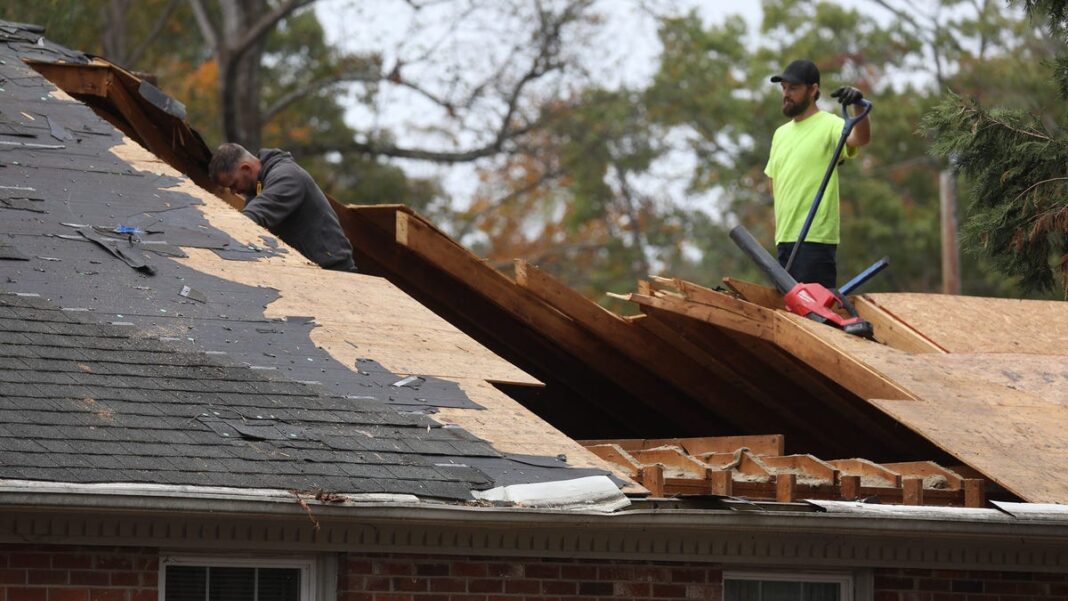‘Very vulnerable’ Southeast could see more hurricanes before season ends
VERO BEACH, Fla. − Following a seemingly calm period after a string of devastating storms in the southeastern U.S., meteorologists warn that the 2024 hurricane season could still bring more activity before it officially concludes.
Recently, the Southeast was hit hard by storms like Helene and Milton, resulting in powerful winds, heavy rain, flooding, and damage that could total over $100 billion. While the hurricane season officially ends on Nov. 30, AccuWeather’s Lead Hurricane Expert Alex DaSilva suggests that tropical activity might extend into December, recalling that the last named storm in December was Olga in 2007.
“We’ve indicated from the start of this hurricane season, even back to our initial forecast made in March, that we believed the season’s closing weeks could be quite busy,” DaSilva commented. “We maintain that belief.”
Updates:
∎ There are two potential paths for a system developing in the Caribbean, according to DaSilva. Early forecasts indicate both scenarios might unfold between Nov. 7-10.
∎ The next storms to be named for the 2024 Atlantic hurricane season will be Patty and Rafael.
Currently calm on the Atlantic
In the short term, things appear quiet. The National Hurricane Center confirmed on its website Tuesday that “no cyclones are active in the Atlantic right now.” However, the coast isn’t entirely safe. A broad low-pressure area may develop over the southwestern Caribbean this week and could form into a tropical depression by the end of the week, as per hurricane specialist Andrew Hagen’s forecast.
Hagen mentioned that the system is likely to move north or northeast towards the central Caribbean, estimating a 40% chance of it evolving into a tropical depression.
Florida may face another ‘tropical impact’
AccuWeather’s forecasters have been alerting to the possibility of a tropical depression or storm developing in the western Caribbean. They currently assess a high likelihood for development from Nov. 1-4. There’s also a separate area to the east-southeast of Florida with a low probability of developing over the weekend or early next week.
DaSilva noted that much of Florida and parts of the Carolinas may experience “another tropical impact” before the end of this season, while the risks for Texas, Louisiana, Mississippi, and Alabama remain less significant.
“Those areas have already been severely affected by several storms this season,” he added.
Since 1851, only three hurricanes have struck Florida in November. In the early weeks of the Atlantic hurricane season, storms typically start off the coast of Africa, allowing for plenty of warning. However, this changes towards the end of the season when storm developments generally occur closer to the U.S., according to DaSilva.
“It wouldn’t be surprising to see a hurricane forming in the early days of November,” DaSilva remarked.
Regardless of further storm development, heavy rainfall is anticipated across much of the Caribbean this week, according to AccuWeather. Life-threatening mudslides and flash floods are possible, even without the formation of a tropical depression or storm.
Wind shear could influence storm formation
This hurricane season has been affected by two factors that could contribute to the development of another tropical system: low wind shear and warm waters.
“With expected low wind shear, I believe we’re likely to see the formation of a tropical depression or storm,” stated AccuWeather Chief On-Air Meteorologist Bernie Rayno.

